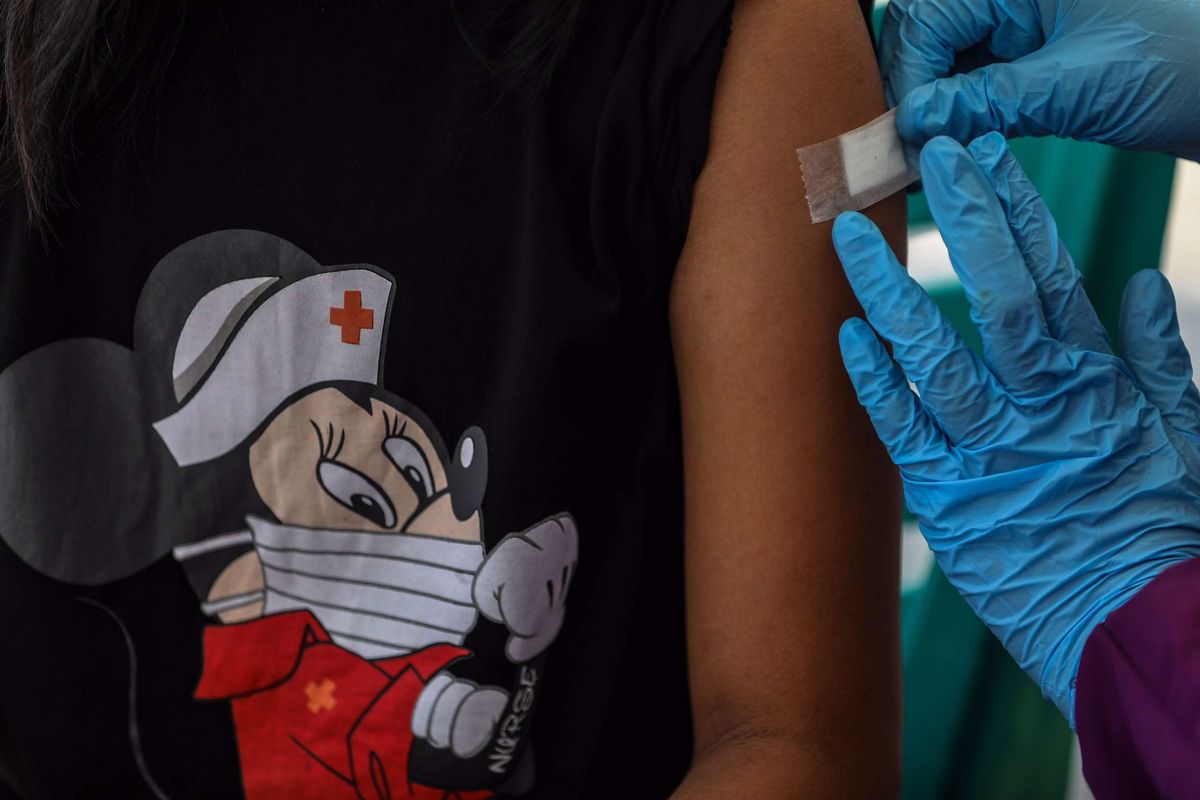Covax Initiative to Supply Covid-19 Vaccine to World’s Poor Faces Trouble

As part of Covax, WHO and Gavi have asked countries to first prioritize frontline health workers, then the elderly, with the goal of vaccinating 20 percent of the world's population.
One expensive hurdle is that many of the vaccine candidates need to be kept cold from factory to patient, according to internal documents from Gavi.
The industry has signaled that “air freight for Covid vaccines will be a major constraint", and a “significant and urgent ramp-up of cold chain capacity” may be needed.
On Thursday, Gavi announced it will provide $150 million to help some countries with planning, technical assistance and refrigeration equipment.
Another obstacle: Many of the leading vaccine candidates require two doses.
Read also: Indonesia Seeks Partners for Coronavirus Vaccine Production
That will mean twice as many syringes, twice as much waste disposal, and the complications involved in ensuring patients in remote corners of the world receive the second dose on time and stay free of side effects.
“Because of the fact that we’re looking at trying to get vaccines out as quickly as possible, we’re looking at limited follow-up and efficacy data,” said Gian Gandhi, who runs logistics from UNICEF’s supply division in Copenhagen.
There is also concern that the fear of lawsuits could scuttle deals. According to the internal documents, Gavi told countries that drug companies will probably require assurances that they won't face product liability claims over deaths or side effects from their vaccines.
Dr. Nakorn Premsi, director of Thailand’s National Vaccine Institute, said officials there are reviewing whether that condition is acceptable. Thailand so far has signed only a nonbinding agreement with Covax.
Some critics say Gavi isn’t ambitious enough. The pandemic won’t end until there is herd immunity well beyond the rich nations that have secured their own doses, said Eric Friedman, a scholar of global health law at Georgetown University who is generally supportive of Covax.
“If we want to achieve herd immunity and get rid of this, 20 percent is not going to do it,” he said. “What’s the end game?”
Read also: Jokowi Optimistic Tourism Will Revive After People Receive Covid-19 Vaccine Shots
Alicia Yamin, an adjunct lecturer on global health at Harvard University, said she fears the “window is closing” for Covax to prove workable.
She said it is disappointing that Gavi, WHO and their partners haven't pushed pharmaceutical companies harder on issues like intellectual property or open licenses, which might make more vaccines available.
With little evidence of such fundamental change in the global health world, Yamin said it's likely that developing countries will have to rely on donated vaccines rather than any equitable allocation program.
“I would say that poor countries probably will not get vaccinated until 2022 or 2023,” Yamin said.
(Writers: Maria Cheng, Lori Hinnant)
Simak breaking news dan berita pilihan kami langsung di ponselmu. Pilih saluran andalanmu akses berita Kompas.com WhatsApp Channel : https://www.whatsapp.com/channel/0029VaFPbedBPzjZrk13HO3D. Pastikan kamu sudah install aplikasi WhatsApp ya.

































